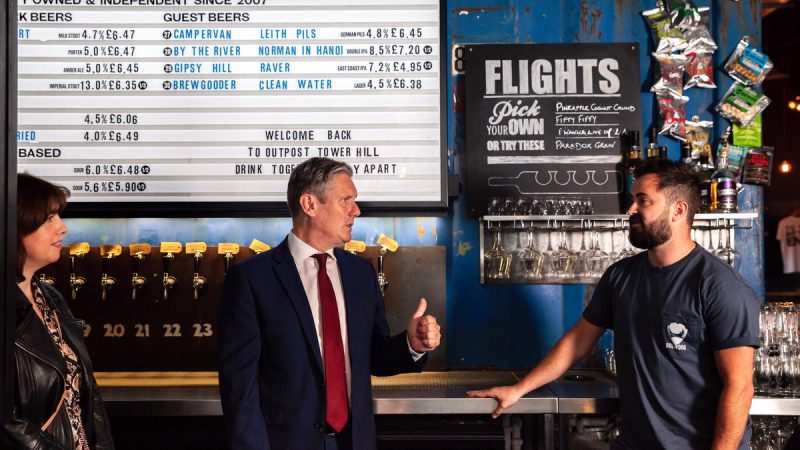
Labour does not publish minutes of meetings held by its ruling body, the national executive committee (NEC), although it agreed to do just that over a year ago. (Perhaps it is hesitant because simply agreeing those minutes might require a whole separate meeting, as someone pointed out to me last week.) Instead, party members have to rely on LabourList and the reports of NEC members to know what decisions are being made. Alice Perry delivers a speedy write-up to us, usually on the same day; Luke Akehurst and Ann Black also released detailed accounts over the weekend. They are all worth reading for nuggets of information, regardless of whether you are factionally aligned with the authors.
An update on membership numbers caught people’s attention: Labour currently has over 512,000 members, including those in arrears. Charlie Mansell has calculated that paid-up membership is around 460,000 now, which is down from October (when it was around 495,000) but up from most of 2019 as people joined the party amid the general election, leadership contest and afterwards. Black also made an interesting comment about the Forde Inquiry’s indefinite delay, which has attracted strong criticism from a group of Black Labour MPs. She says the independence of this inquiry shows a drawback of the incoming independent complaints process, which will not allow NEC members to ask about the slow pace of some cases.
Labour’s pro-business agenda was developed further over the weekend, too. New plans to “back British businesses” set out by the party include measures such as:
- Treating the bounce back loans (BBLs) like student loans, i.e. businesses would only start repayments once able to do so;
- Creating a ‘British business recovery agency’;
- Handing over management of the coronavirus business interruption loans schemes (CBILs and CLBILs) to the new agency;
- Offering various options for borrowers via the new scheme, such as employee ownership or preference shares for the taxpayer.
The leadership believes that there is opportunity in that Rishi Sunak is a traditional Thatcherite on the economy, with no willingness to innovate or explore fresh ideas. One source close to the leadership told LabourList that “we can be more bold than previous leaders” because there is “no sensible argument that says pay off Covid debt by the next parliament”.
They predict that “this will be the hardest of four years” because the first ten months was about laying the groundwork in terms of “competence and fixing the party”, because nobody has been interested in what Labour has had to say when there is huge Covid news every day, and because the “charm offensive over Zoom is really difficult”. There is little optimism to be found about the upcoming local and mayoral elections. But there is positivity about future plans, as we’ll be hearing more from Keir Starmer about the things he wants (rather than just the things he can criticise), and shadow cabinet members will pitch in more publicly to construct an overall narrative on rebuilding from Covid towards a resilient economy and NHS.
Sign up to LabourList’s morning email for everything Labour, every weekday morning.



More from LabourList
‘Turning public services around: Haringey’s story of child protection’
‘Can Labour turn the green tide back to red?’
Tom Belger column: ‘Why is Labour making migrant exploitation easier?’